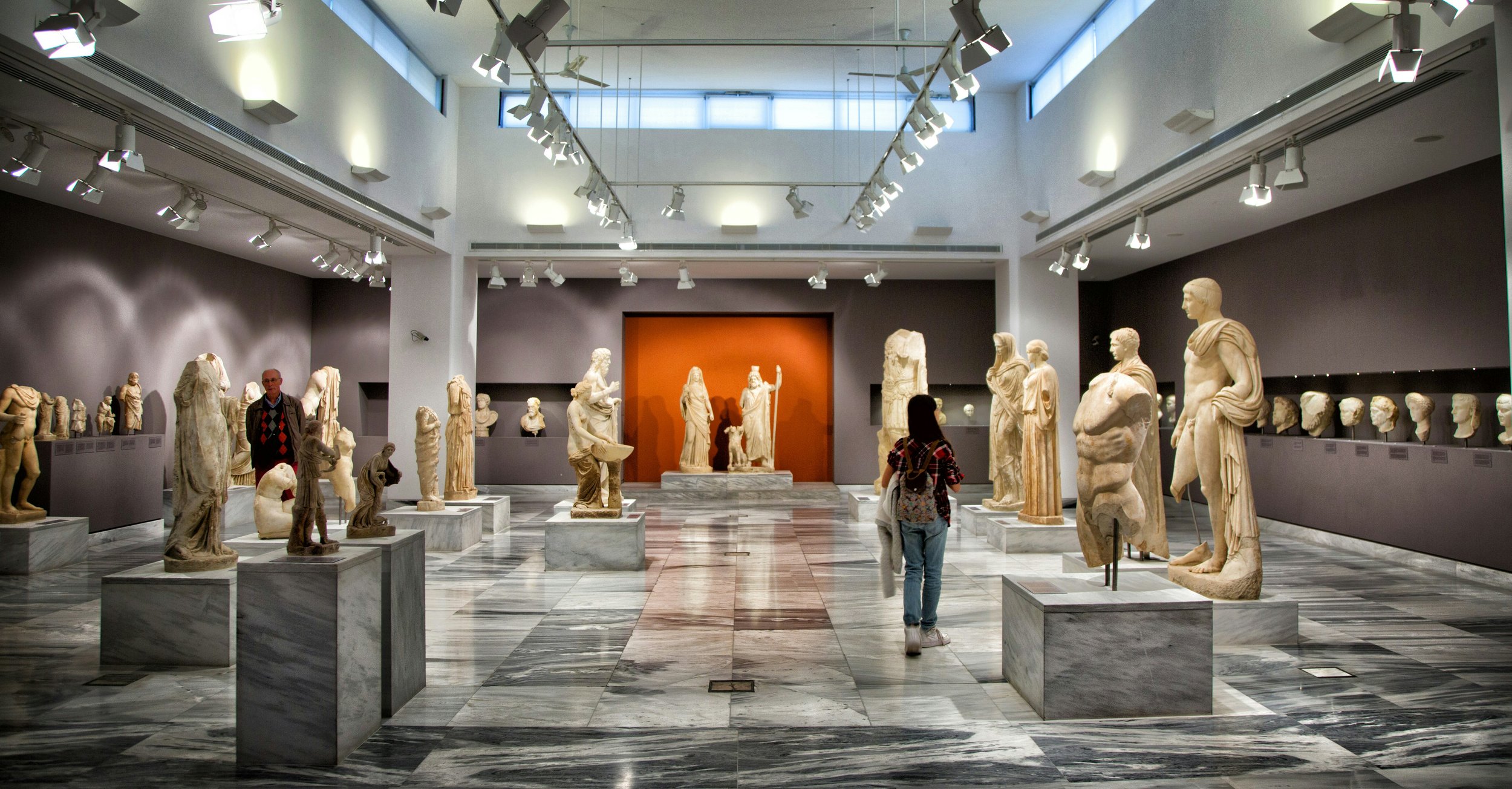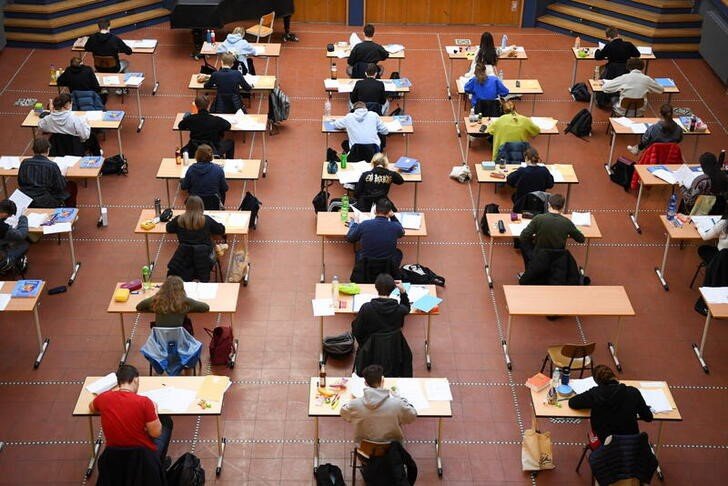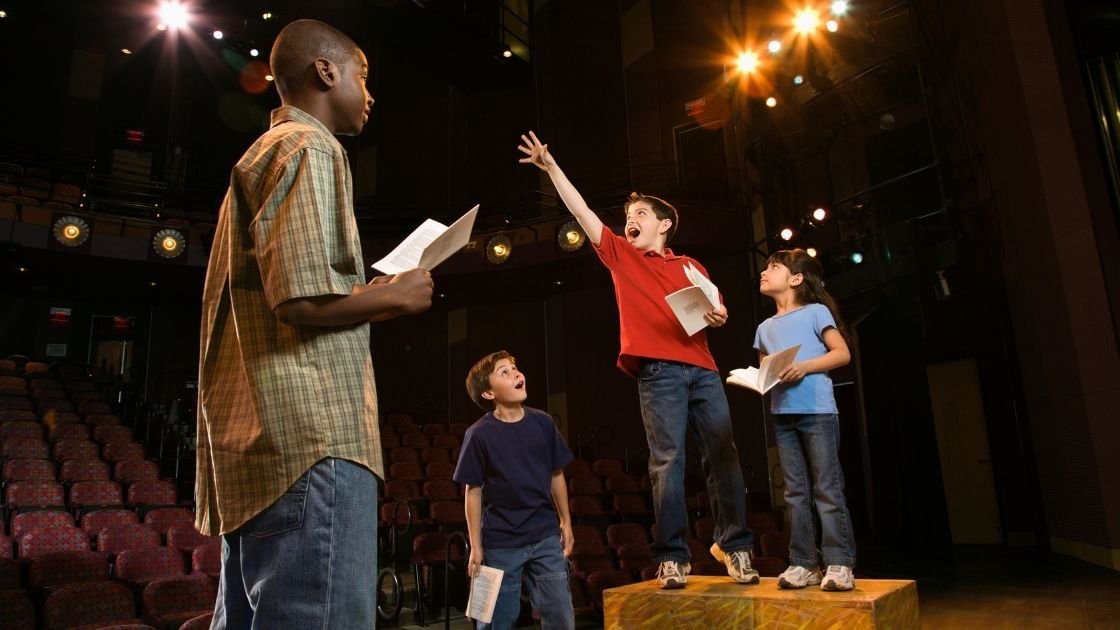An introductory note:
We recently received a letter from a retired veterinarian who shared her thoughts on the intersection between the theory of multiple intelligences and the animal kingdom. We felt her ideas might be interesting to a wider audience, so we asked that she write a blog on the topic. We thank her for this generous contribution to MI Oasis!
© Jane Mussey 2024
Since I was four years old, I’ve expressed opinions about animal behavior and cognition—though I didn’t use words like “cognition” back in 1957. I was told that the animals I loved—dogs, cats and horses—didn’t think or plan; did not form bonds or mourn; and were not considered intelligent in any way. I did not accept that view in 1957. And now in 2024, thanks to the work of many investigators in this field and my own career as a veterinarian, I have a lot of data to support my child’s-eye contentions.
Everyone reading mainstream media has likely seen reports and videos of experiments on animals’ ability to reason presented with novel situations, usually involving a food reward. (Truth: I’m motivated by food rewards to do actual problem-solving as well.) We’ve seen videos of animals at play, animals rescuing people and other animals from life-threatening situations, animals comforting the dying, protecting the vulnerable, alerting the sick to impending health crises, smelling out drugs, finding living people and dead people, identifying the presence of cancer and other diseases—even lizards becoming our beloved and steadfast companions!
What more do we need to see human beings and other life forms as fellows on a web of intelligences, interconnected by a wide range of overlapping intellectual attributes, and very little separating us. And if we stretch: A fruit fly can feel regret? A plant can sense danger and communicate it to nearby plants? Wasn’t our part in this so much easier when we were at the top of the intelligence heap, without close contenders, as it allowed us to perceive we have the right to dominate the worlds of plants and animals?
Early in my vet school days, I bought a copy of Howard Gardner’s Frames of Mind: The Theory of Multiple Intelligences. I was ripe for a new, groundbreaking view of human intelligence, having seen fellow students (and myself) shine in some areas and perform badly in others; having read about college football stars becoming world-renowned in widely unconnected areas; seen otherwise undereducated musicians shine in mathematics and non-communicating autistic people reveal a wealth of perception with a simple letter board.
Howard’s book was an explosion, a revolutionary view not only of intellectual differences but of the great worth of those differences. Instead of a human hierarchy of prized talents of the mind, we could finally consider the John Coltranes and Sarah Vaughans geniuses by dint of musical gifts, worthy of high intellectual regard—up there with Stephen Hawking and Katherine Johnson. And the intelligence of the kinesthetic geniuses and interpersonal geniuses could be equally valued with mathematical/logical giants. We could encourage school kids in their areas of strength and brilliance, and refrain from “pushing them up against their deficiencies,” in the words of the great neurologist, Oliver Sacks.
Sarah Vaughan
Thanks to Howard’s work, we have a framework of human intelligences to hold in high regard, with new evidence and wisdom to support it. But what about other life forms? Perhaps each species needs to be more completely understood by human beings, and equally valued for the intelligences they bring to the world. Perhaps we need to first concentrate on animals that we see as somehow stupid, such as cattle, or chickens or insects. How do we best assess the responses of animals for whom we cannot easily detect emotions and reactions to novel situations? Human beings are generally very adept at identifying emotions and responses to stimuli based on facial expressions, but what about assessing animals that have facial expressions that are too subtle for us to discern?
Much work has been done on this since my early ventures and adventures in the animal world. Interpreting animal behaviors has become a science with educated and versatile integrity. I don’t know if we’ve gone further afield than fruit flies, but we’re way ahead of the early days when animals were presumed not to feel pain and therefore weren’t worthy of anesthesia.
Beyond identifying areas of animal cognition, are we able to identify multiple intelligences in animals we rarely interact with? Are we able to identify and value intelligences that are very unlike those of human beings? Thomas Armstrong, long an advocate of “MI theory” has suggested that we try to perceive animal intelligence as we do our own: What multiple intellectual strengths may we identify in other species, and how may we frame them as worthy of awe, respect and reverence even when we may not fully understand their function?
Accepting the multiple intellectual strengths of other life forms may bring our own species into more colorful relief, accepting both our varied awesomeness and our abject limitations. These insights may help us accept ourselves as a splendid and ineffable product of evolution with the ability to push past prior “strengths” that are now, perhaps, maladaptive (clan behavior, paranoia, and warfare) into a “peaceful kingdom” we’ve always sought, but as a group, never attained.
This piece was lightly edited for publication by the Offices of Howard Gardner.























